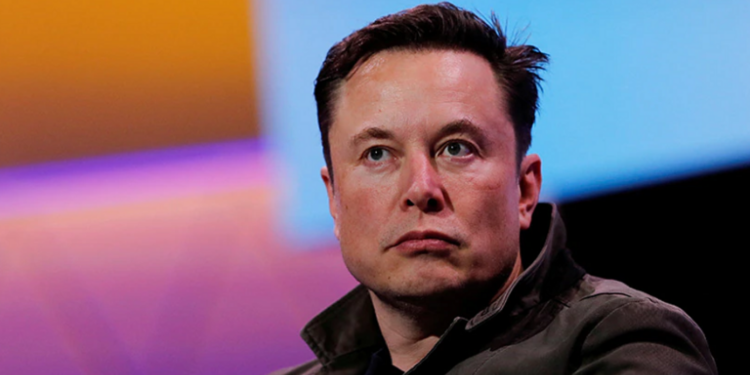Elon Musk has escalated his legal battle against OpenAI, seeking a court injunction to halt the company’s transition to a for-profit structure.
Musk alleges the move is “illegal” and warns of the potential dominance of OpenAI’s ChatGPT in the artificial intelligence market, which he claims threatens competitors, including his own AI startup, xAI.
In court filings, Musk accused OpenAI and its CEO, Sam Altman, of abandoning the nonprofit mission they founded together in 2015.
He contends that OpenAI’s acceptance of billions in funding from Microsoft in 2019 marked a pivot toward profit-driven goals, deviating from its original purpose of advancing AI for societal benefit.
Musk’s arguments
Musk’s legal team argues that OpenAI has become a monopolistic entity, stating:
“It cannot lumber about the marketplace as a Frankenstein, stitched together from whichever corporate forms serve the pecuniary interests of Microsoft and Altman at any given moment.”
He also accuses OpenAI of entering agreements that allegedly violate federal antitrust laws, including deals that Musk claims restrict funding for potential competitors.
OpenAI responds
In response, OpenAI dismissed Musk’s claims as baseless and reiterated its commitment to innovation and transparency.
“Musk’s filing again recycles the same baseless complaints and continues to be utterly without merit,” a spokesperson at OpenAI stated.
- Reports indicate that OpenAI is in early discussions with the California attorney general’s office about its corporate restructuring.
- This filing marks Musk’s third attempt to challenge OpenAI’s for-profit trajectory. He initially filed a lawsuit in California state court in February, withdrew it in June, and refiled it in federal court in Oakland in August.
- In addition to seeking an injunction to halt OpenAI’s restructuring, Musk’s motion also aims to block the company from forming exclusive agreements with investors that he argues are anti-competitive.
- While challenging OpenAI, Musk is also advancing his own artificial intelligence startup, xAI, launched in 2023. The company, recently valued at $50 billion, has seen its valuation more than double since May 2024.
What you should know
- Originally established in 2015 as a non-profit organization with a mission to develop artificial intelligence for the greater good, OpenAI’s shift toward a for-profit model raises questions about maintaining its commitment to societal benefit.
- The company recently raised $6.6 billion to become one of the most valuable companies in the world at $157 billion valuation.
- However, OpenAI’s nonprofit board chairman, Bret Taylor, recently assured that the nonprofit would continue to play a significant role in any restructured entity.
“Any potential restructuring would ensure the nonprofit continues to exist and thrive, receiving full value for its current stake in the for-profit,” Taylor stated.
The move toward a for-profit model has roots in OpenAI’s 2019 decision to establish a capped for-profit subsidiary to offset the high costs associated with AI development.
Tensions have historically existed between OpenAI’s nonprofit board and management, particularly concerning the balance between AI safety and commercial imperatives.
This tension became public in 2023 when CEO Sam Altman was briefly ousted, only to be reinstated following a dispute over the company’s commercialization strategy.
















